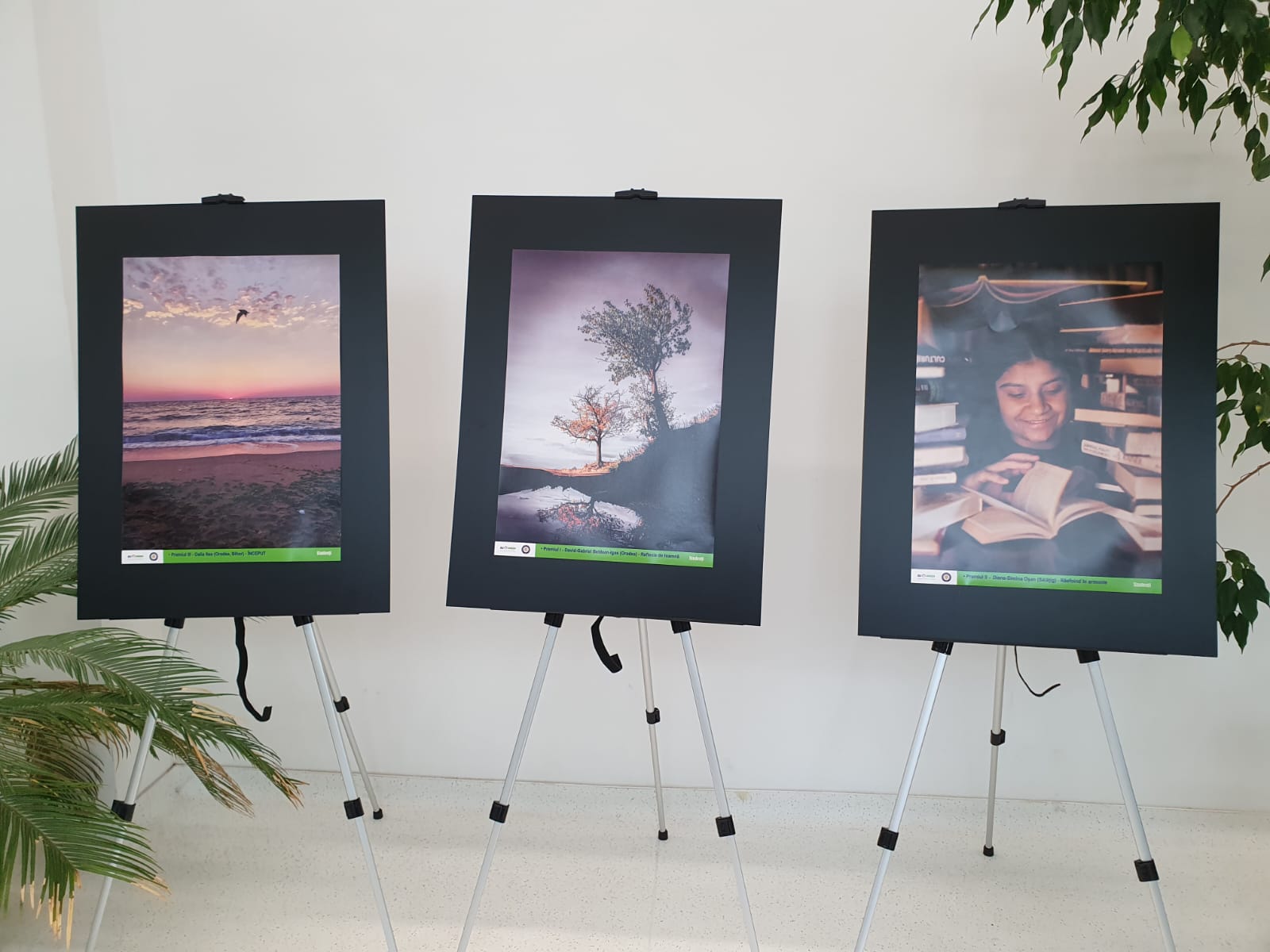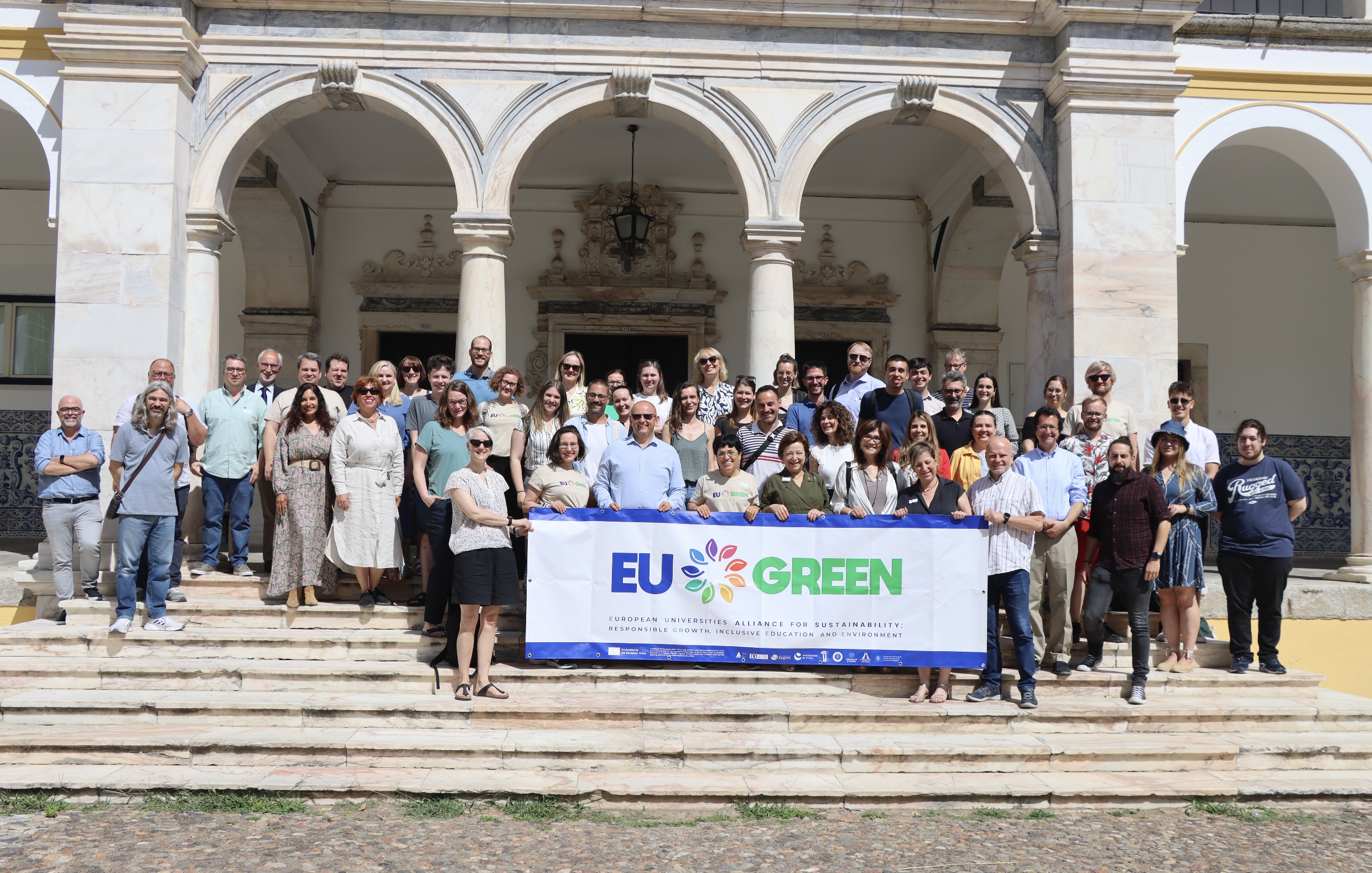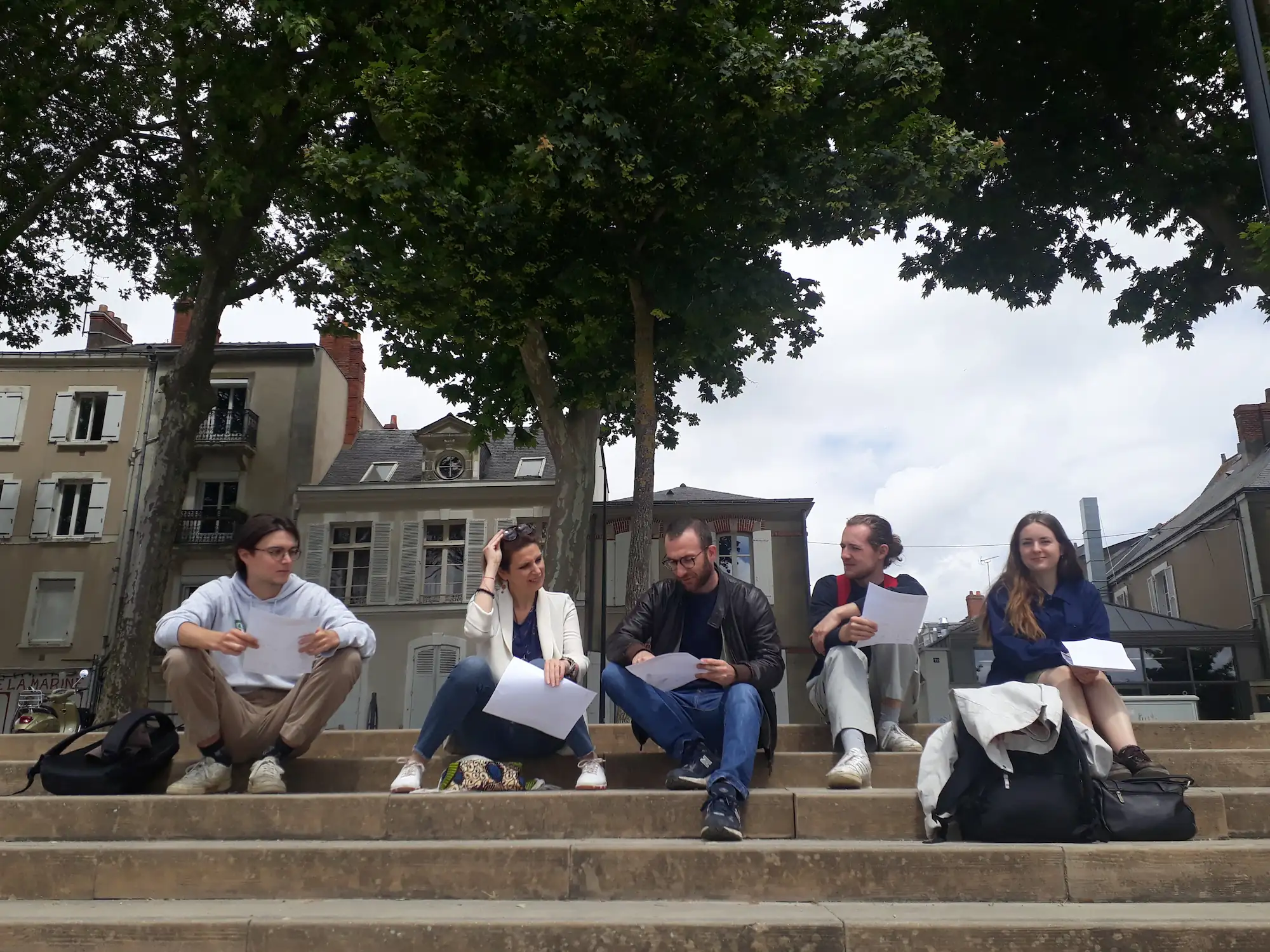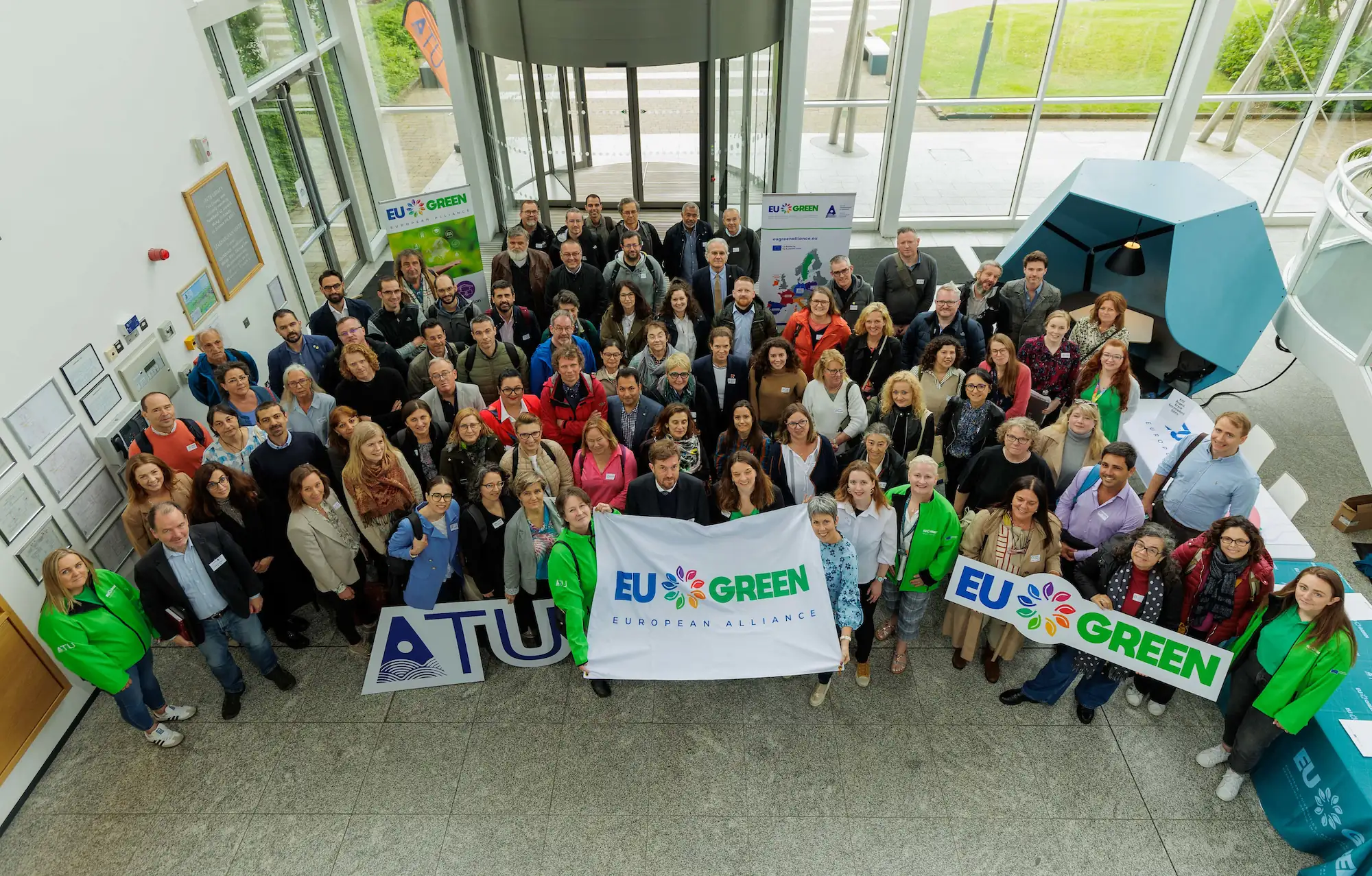The Second Language Learning at School for all teenagers (SLS4Teens) project, which is a product of the EU-Green alliance, has won a call for projects from the Erasmus+ programme and is looking at the role of neurolinguistics in foreign and second language learning. Delphine Guedat-Bittighoffer, teacher-researcher at Cirpalland coordinator of the project, explains.
For some secondary school pupils, learning a foreign language can be a daunting task. Just as it’s not easy for non-native speakers to master the language of Molière. «Pupils can learn a language but without really communicating outside the classroom, there isn’t enough interaction in secondary school.» says Delphine Guedat-Bittighoffer «This observation was made in Canada as early as 1997 by Claude Germain, Professor Emeritus at the University of Quebec in Montreal, who also visited UA in 2018 to train French as a foreign language master’s degree students in the neurolinguistic approach (NLA).»
Since then, the researcher has been working hard to raise awareness at European level of the need to promote innovative practices and, in particular, the NLA in foreign and second language learning. This summer, with the support of three EU-Green partner universities (Magdeburg, Parma, Extremadura) as well as the University of Nantes, she was awarded €400,000 in funding from the European Commission for her SLS4Teens project under the call for proposals for Cooperation Partnerships under the Erasmus+ programme.
«It’s an interesting subject that fits in with the European Union’s priorities,» agrees George Conrad, who is in charge of ERASMUS+ projects at Cap Europe and helped Delphine Guedat-Bittighoffer set up the project.
Test the level of over 1,000 students
Around fifty voluntary secondary school teachers will be trained in new modules relating to interculturality, digital tools, grammar and neuroscience, and half of them will also be introduced to the NLA. «The idea is to make learning fun and to stop seeing a foreign language as boring. There will be spontaneous orals during which the pupils will introduce themselves and talk about their daily lives, their positive and negative emotions, and produce written texts,» explains the project coordinator. « It’s all about stimulating the learning process».
These modules will be designed by researchers from the partner universities between November 2023 and February 2025. The teachers will undergo eight months’ training and 1,250 pupils (split into two groups: those learning English as a foreign language and those discovering French or German as the languages of schooling) will be tested for the first time in September 2025.
The teachers will deliver their lessons with the new integrated modules and a second test will take place in February 2026. «We will compare these two assessments and conduct interviews with the teachers to see what has changed in their teaching practices and whether it has been appreciated or not. Ultimately, our ambition is to contribute at our level to ensure that pupils are more open-minded and capable of working in a multicultural environment.»





